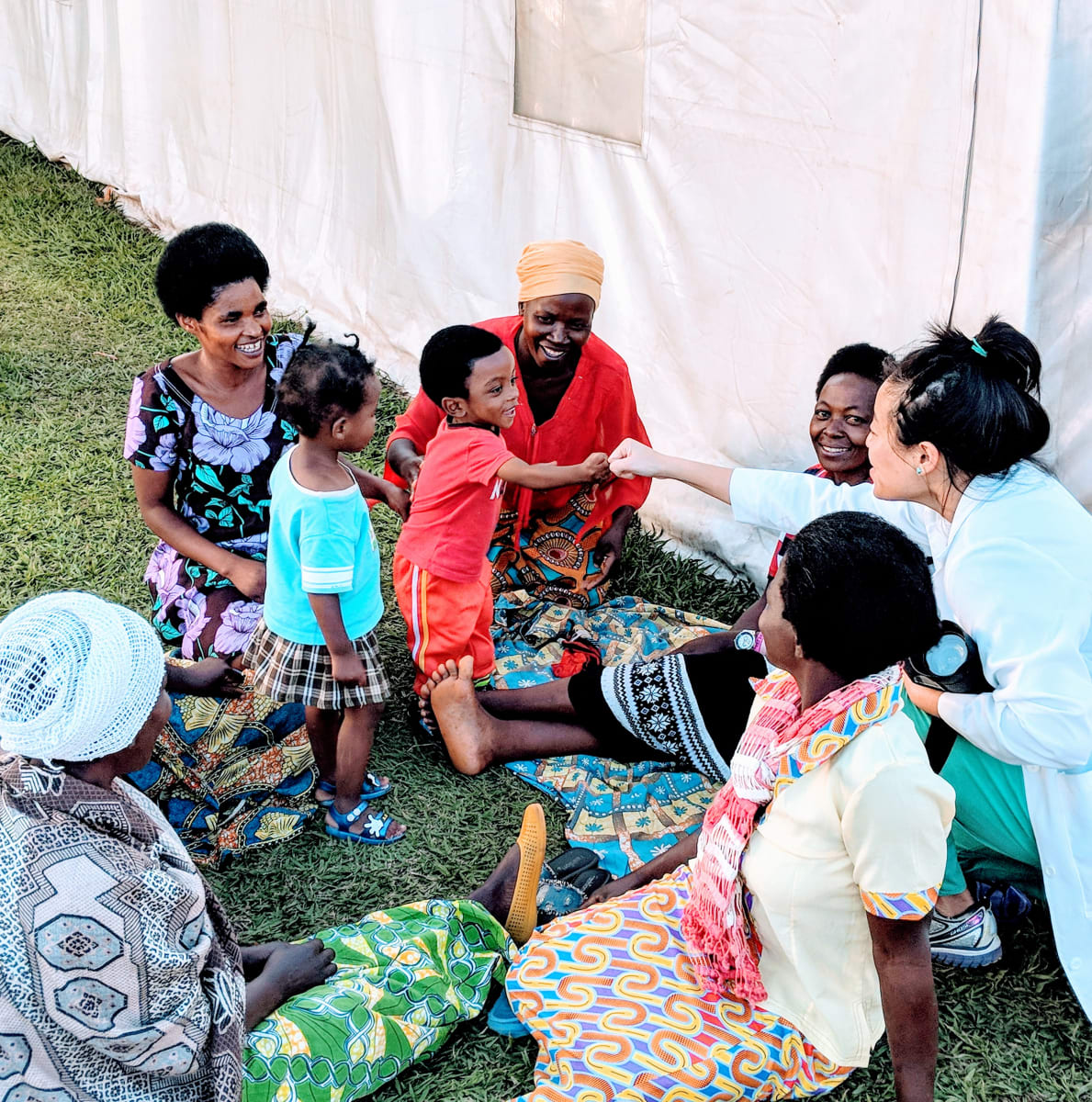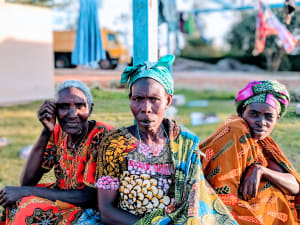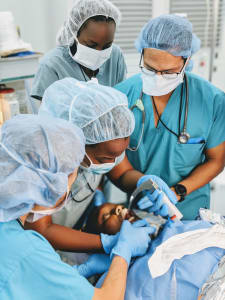I will be traveling to Kigali, Rwanda to work with the International Organization for Women and Development. Obstetric fistula is a significant maternal mortality affecting 2-3.5 million women worldwide. My goal is to further explore the scope of obstetric fistula (OF) from a clinical and public health perspective. With a multi-disciplinary team we will work to assess women with symptoms of pelvic floor disorders. If deemed appropriate candidates, women will be offered surgical management. Approximately 40-50 women will be receiving life changing OF surgeries during our time there. We will also work with local health care providers to offer teachings through formal didactics and informally clinical scenarios to educate providers on post-operative care and OF medical management and prevention.
Not only will I be working as part of the clinical team, I will be expanding upon my research of the last several years focused on understanding the qualitative aspect of OF among Rwandan women. OF is not only a physically but mentally and socially debilitating condition as women are often ostracized by their husbands and society for the physical manifestations of their condition. Through previous research we have identified the common misconceptions women have about OF. During this trip, I plan on conducting interviews with local health providers and women to assess modes of medical education to provide women with educational tools regarding OF etiologies, misconceptions and resources to seek referral.
We will be mainly based out of Kigali, Rwanda at Kibagaba Hospital. As the largest urban city in Rwanda, patients travel from all around the country to Kigali to seek the specialty gynecology care services provided. Some of these patients have extremely limited access to healthcare and in many cases have barriers to care such as distance, finances, and general distrust of medicine that have prevented them from seeking care.
We are interested in working in Rwanda as many of the women who present tend to be in the demographic of OF patients: low-income, young, often illiterate, and experience prolonged or obstructed labor. In a country where nearly 75-80% of deliveries are at home, the need for pelvic floor specialists to address delivery complications are in significant demand.
The expected impact will initially address OF clinically by helping to improve womens’ quality of life after surgical repair of the injuries. Three times a year IOWD travels to Kigali to perform these life-changing surgeries, amounting to an estimate of 120-150 repairs per year.
Through our previous qualitative research we have come to understand specific aspects of knowledge gaps in OF. The second component of our impact involves obtaining a better understanding of the health infrastructure in Rwanda to work with local health care providers in identifying strategies that aid in implementation of community based education programs or media campaigns for women across the country.














My time in Kigali was unforgettable in many ways. The people of Rwanda are incredibly kind and generous. The women we served came from some of the most rural and low income areas in the country. They travel for hours and waited patiently to seek urogynecology care. It is evident that these women lead incredibly tough lives and are so strong both physically and mentally; especially given the debilitating consequences of fistulae. Through it all, the women are all incredibly happy and grateful. In this setting with IOWD, women are able to seek answers, treatment and establish a sense of companionship with other women who are seeking care. It was also wonderful working with the Rwandan medical students and healthcare providers. Without them, the trip would not be possible and I am grateful for the exchange of knowledge that was passed between the two teams. Lastly, I myself feel extremely impacted by the trip. Being able to serve women with such debilitating conditions and learning from my Rwandan and American colleagues has been an incredibly enriching experience. Until the next time!